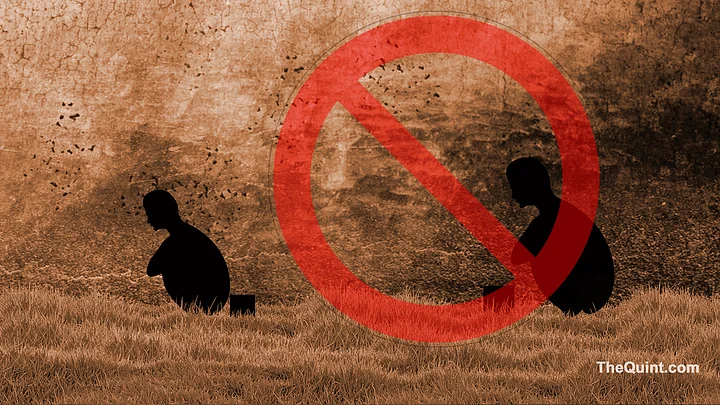India is all set to take giant strides in becoming an open defecation free (ODF) country by 2019. This will not only improve sanitation standards, but also make the country more presentable, and is likely to have a major impact on several sectors, including tourism.
The World Bank has decided to provide a $1.5 billion loan for the Swachh Bharat Mission (SBM) Support Operation Project, to aid the government’s efforts of improving sanitation, particularly in rural areas. The loan, from the International Bank for Reconstruction and Development (IBRD), would have a maturity of 18 years, including a grace period of 5 years.
For improving the sanitation standards, the money would be utilised for construction of toilets or latrines, with a focus on changing toilet-usage practices.
Project Specifically Aimed at Rural Areas
The World Bank said this project will specifically support the rural component, known as SBM – Gramin (SBM-G), over a five-year period using a new performance-based program which links funds directly to results, ensuring that benefits are delivered to people in need.
The funding would benefit over 60 percent of India’s rural population. As of now, of the nearly 2.4 billion people across the globe who lack access to improved sanitation, around 750 million live in India, with 80 percent of them living in rural areas.
With more than 500 million of the rural population in India continuing to defecate in the open, the health costs involved are immense, particularly so because this unhygienic practice results in preventable deaths, illness, stunting, harassment and economic losses.
Benefits for the Urban Sector
In the urban context too, the expenditure on toilets earmarked under the loan scheme assumes great significance as open defecation on roadsides and along railway tracks is a major nuisance. It not only spoils the sidewalks and other spaces, but also is a put-off which impacts the country’s image, and consequently its tourism.
The SBM-G program would assist the states in construction of the toilets, and to encourage their use.
States and their implementing agencies will be given incentives for meeting performance standards. Performance will be measured against the states’ ability to reduce open defecation, sustaining their ODF status, and improving solid and liquid waste management in rural areas.World Bank
Incentives for Efficient Implementation
By dangling the carrot, the programme would encourage the states to put their best foot forward. The financing mechanism would promote the leadership of the states, which will have flexibility in innovating and adopting their own delivery models.
One in every 10 deaths in India is linked to poor sanitation. And studies show that low-income households bear the maximum brunt of poor sanitation. This project, aimed at strengthening the implementation of the SBM of the government, will result in significant health benefits for the poor and vulnerable, especially those living in rural areas. Incentivising good performance by states and the focus on behavioural changes are two important components of this project.Onno Ruhl, Country Director, India, World Bank
Community-led Behavioural Change Programs
The World Bank will also provide a parallel $25 million technical assistance to build the capacity of select State Governments in implementing community-led behavioural change programs, targeting social norms to help ensure widespread usage of toilets by rural households.
Pointing at how there has been a change in approach to improve usage of toilets and link the practice to funding, Soma Ghosh Moulik, Lead Water and Sanitation Specialist and the project’s Task Team leader, said, “This program, built on lessons learnt from global and national sanitation projects, represents a fundamental change in approach and recognises the importance of coupling investments in the construction of toilets to its usage.”
Assessment and Monitoring
For fair assessment of the performance of states in executing the program, third party assessments and regular monitoring will be done. Progress towards the key indicators – which will form the basis for releasing incentive grants – will be measured through independent verification assessments, while National Annual Rural Sanitation Surveys will be carried out by a third party.
The project will also finance specific activities to strengthen the current monitoring and evaluation system to capture timely, relevant, and reliable information on the program’s progress. Support will be provided for systematic knowledge sharing and innovation, as well as capacity building and partnership.
On behalf of the Government of India, the Ministry of Drinking Water and Sanitation (MDWS) will play the overseeing and coordinating role for the program and support the participating states. Stating that “India has demonstrated extraordinary leadership in pursuing the ambitious SBM campaign and embracing the focus on behaviour to complement the construction of toilets,” Annette Dixon, World Bank Vice President for the South Asia Region, said the idea behind the funding was to support the initiative.
